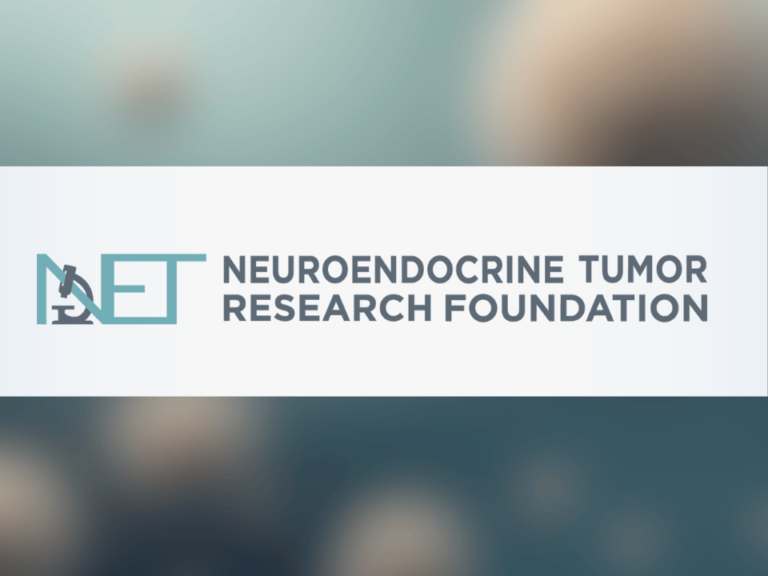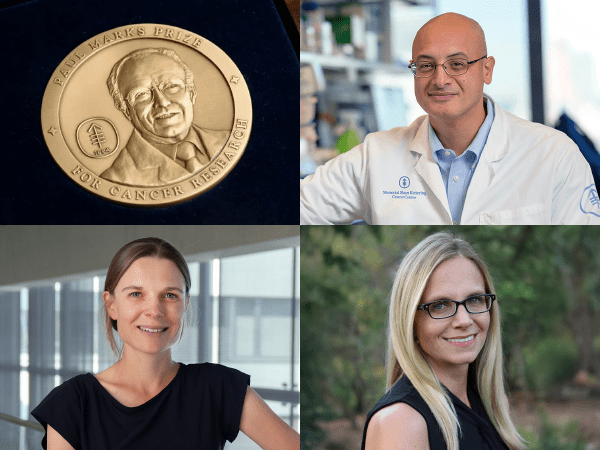The landscape of cancer treatment is rapidly evolving. Increasingly, there is recognition that care must go beyond treating the disease itself—it must also address the whole person and the debilitating symptoms patients experience during and after treatment.
Patients with cancer often face 10 to 14 symptoms from diagnosis through treatment and into survivorship or end-of-life care. These symptoms frequently co-occur or form clusters, suggesting shared underlying biological mechanisms. While some patients progress through treatment with minimal symptoms, others experience a high symptom burden that requires supportive care. Understanding the mechanisms that drive these symptoms could pave the way for tailored interventions—targeting individual symptoms or entire symptom clusters—marking a significant step forward in precision health.
Oncology nurse scientists on the frontline of symptom science
Oncology nurse scientists have led symptom science research for over five decades. Their work has identified individual symptoms, co-occurring symptoms, and symptom clusters associated with cancer and its treatment. They have also been instrumental in uncovering the biological mechanisms behind symptom burden phenotypes. To expand this work globally, nurse scientists have formed the Global Research Alliance in Symptom Science (GRASS). The alliance aims to deepen understanding of patients’ symptom experiences and to develop, test, and implement effective symptom management strategies.
GRASS working groups are focused on:
- Optimizing symptom data collection and analysis methods,
- Developing a minimum dataset for symptom science research,
- Establishing best practices to implement new discoveries, and
- Expanding the global network of symptom scientists.
By collaborating across institutions, nurse scientists can launch large-scale studies with the statistical power to detect meaningful differences and ensure diverse population representation—enhancing the generalizability of findings.
City of Hope leads with precision pain study
Three GRASS-affiliated scientists have partnered with City of Hope physicians and data scientists to study pain in patients undergoing initial allogeneic hematopoietic cell transplantation (HCT). This interdisciplinary team will use machine learning to identify individual characteristics and genetic markers that predict pain during hospitalization.
While some patients progress through treatment with minimal symptoms, others experience a high symptom burden that requires supportive care. Understanding the mechanisms that drive these symptoms could pave the way for tailored interventions.
City of Hope conducts approximately 500 allogeneic HCTs annually and maintains a robust genetic data repository to support this research. These efforts offer hope for breakthroughs that will reduce symptom burden, and improve quality of life and outcomes for patients.
At City of Hope, nurses are not only caregivers—they are innovators, researchers, and leaders. As a Magnet®-recognized organization, City of Hope fosters a culture of excellence, compassion, and evidence-based practice. Our nurses are empowered to lead initiatives that transform care delivery and improve patient outcomes. Whether at the bedside or in the lab, nurses are vital contributors to the mission of delivering healing, science and hope.
City of Hope® is one of the largest and most advanced cancer research and treatment organizations in the U.S. To learn more about City of Hope, visit: www.cityofhope.org.
To learn more about the latest research breakthroughs, listen to City of Hope’s newest podcast, “On the Edge of Breakthrough: Voices of Cancer Research.” Available on Spotify, Apple Podcasts, and at cityofhope.org/edge-of-breakthrough.












